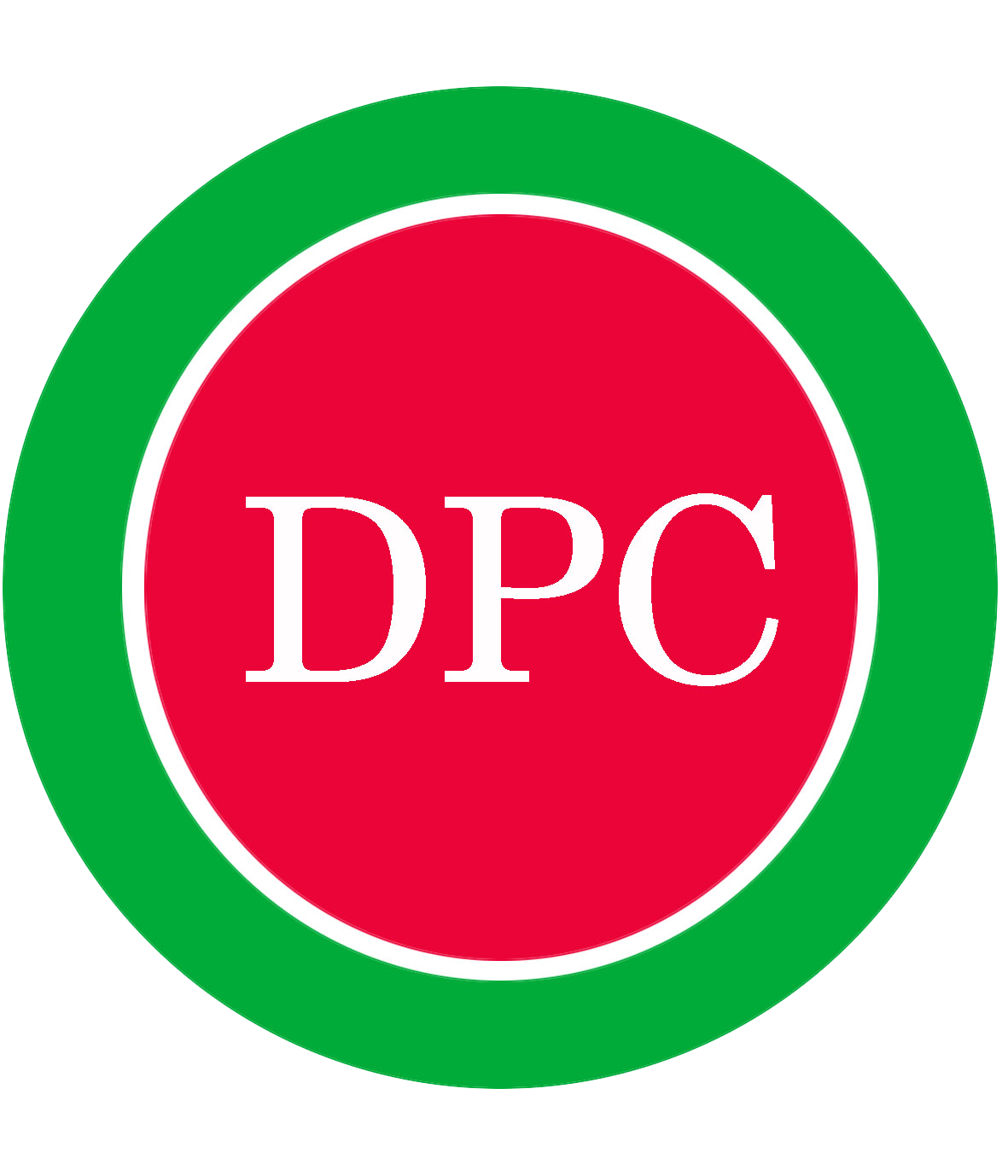China’s BYD and CATL eye Japanese storage battery market
Nikkei staff writer
TOKYO — Chinese energy companies are making a push into Japan’s storage battery market, expanding their reach in the renewable energy sector after establishing dominance in solar panels.
China’s electric car leader, BYD, will start selling storage batteries for factories and power plants in 2021, while CATL — the world leader in vehicle batteries — plans to offer low-cost storage batteries for residences and businesses starting next year.
Chinese companies have come to claim 70% of the global solar panel market, including a 50% share in former leader Japan. Now, noting an increasing need among Japanese households to store spare energy they generate, players from China are moving to fill that need as well. The resulting competition is likely to lower prices, spurring demand further.
BYD plans to sell stationary units using its lithium-ion battery technology. The company is expanding its reach in stationary batteries at home as well as in markets like the U.S., claiming a roughly 10% global share in the sector behind South Korean players like Samsung SDI and LG Chem.
The Chinese company aims to begin negotiating deals in Japan next year with an eye to starting deliveries in 2021. BYD’s prices are expected to be roughly on par with those of competitors.
The automaker is further considering moves such as reusing worn-out electric bus batteries in stationary storage batteries.
Sony launched the world’s first commercial lithium-ion batteries in 1991, and compatriots — especially Panasonic — held the lead in the field for a long time. But in 2017, CATL overtook Panasonic as the global market leader in vehicle batteries, with BYD coming in third.
CATL, or Contemporary Amperex Technology Ltd., has teamed with Japanese solar power equipment builder Next Energy & Resources on storage batteries for Japan’s market, aiming to sell the products for about 50% cheaper than competitors.
Fellow Chinese companies Trina Solar — the world’s No. 3 player in solar panels — and 10th-place Suntech Power aim to move into the Japanese stationary battery market as well.
China is a competitive field with about 100 companies making vehicle batteries. But amid fears of a drop in electric vehicle sales after government subsidies were cut in June, some of those companies are pursuing stationary batteries to dodge a possible slump.
By 2030, the global market for fixed storage batteries — excluding car batteries — will reach 1.2 trillion yen ($11.3 billion), about 6.6 times the 2017 figure, according to research company Fuji Keizai.
Chinese manufacturers’ share of the global solar panel market reached 71% in 2017, up from about 15% in 2005, thanks largely to its low-cost offensive. Over that same period, Japanese rivals fell to just 2% from about 37%. In the Japanese market, Chinese players’ share has jumped to 54% in 2018 from 20% in 2011, according to Tokyo-based solar panel consultancy RTS.
As for storage batteries, Panasonic and its peers still command a major share at home. But Japanese players fall far short of their Chinese rivals in terms of sheer production scale, and could face a similar fate as the solar panel industry.
Source:Following solar model, Chinese battery makers eye Japan’s market

